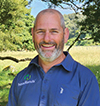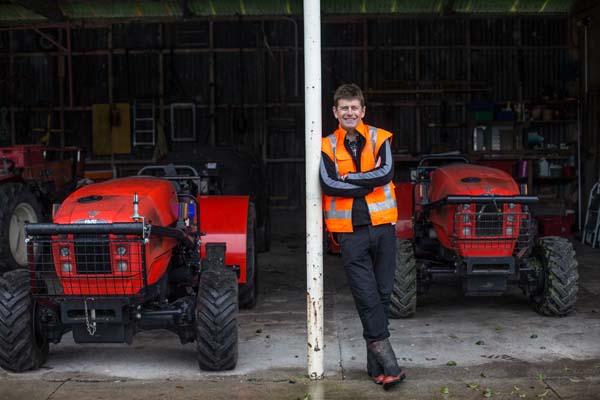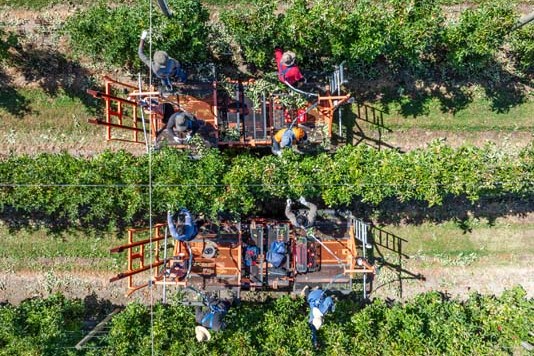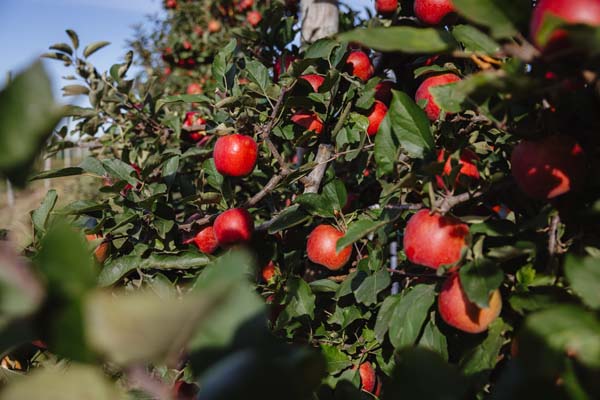Taking a consultant’s advice
There are several benefits of employing a farm consultant.

 When Andrew and Liisa Hamilton returned from Canada to Andrew’s home farm as sharemilkers, Andrew urged his parents – Ngaire and now late father Carol – that having a farm consultant would help drive the business forward, help put the all-important numbers around the ideas and provide independent benchmarking.
When Andrew and Liisa Hamilton returned from Canada to Andrew’s home farm as sharemilkers, Andrew urged his parents – Ngaire and now late father Carol – that having a farm consultant would help drive the business forward, help put the all-important numbers around the ideas and provide independent benchmarking.
Headlands consultant Paul Martin has fulfilled that role for the past 16 years and Andrew says one of the key benefits has been the data analysis and the push he’s provided when it comes to the efficiency of bought-in feed use.
It’s also been helping improve the utilisation of home-grown feed.
“We knew it would be easy to slip into old ways and I’d seen what cows were capable of in Canada and I wanted to challenge the system a bit here,” Andrew says.
“We wanted someone who had clients with a range of farm systems, who was really seeing and analysing what works and what doesn’t – opening us up to a range of ideas so we could go to the next level.
“Backing it with data is important and then helping us really get the returns from what we implement here.”
Paul says Andrew and Liisa’s system, while utilising reasonably high levels of bought in feed, isn’t a complicated system.
They’re putting in about 1.7 tonnes drymatter (DM)/cow depending on the season but they’re typically sourcing that at well contracted prices and getting good utilisation as well as good milk production response at 530kg MS/cow, Paul says.
Planning, monitoring, adjusting and monitoring again, is key.
He visits once a month, monitors pasture, works on feed budgets and works with the couple on annual planning, budgeting and financial analysis as well as the “what if” scenarios so decisions are made with the best data available.
Benchmarking, too, creates the guard rails and helps drive business performance.
The Hamilton’s three-year average operating costs sit just under $6.50/kg MS with feed costs making up about $1.90/kg MS.
Climate and topography mean the typical homegrown supplements aren’t available to Andrew and Liisa but the system they have and the attention to detail means they are able to manage costs other than feed too.
“They’re not automatically exposing themselves to more risk and that’s important when it comes to managing feed and overall costs.” Paul says.





